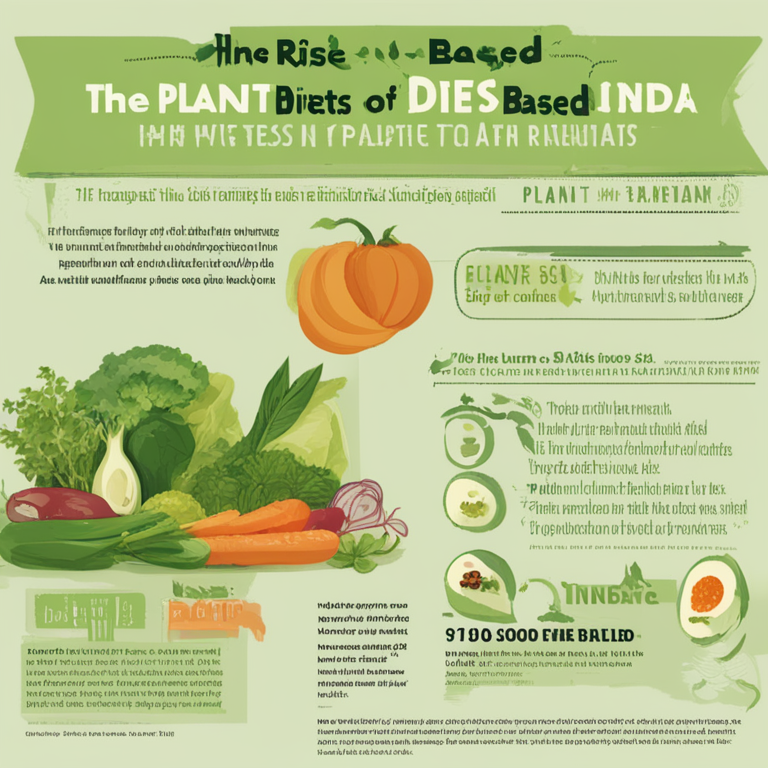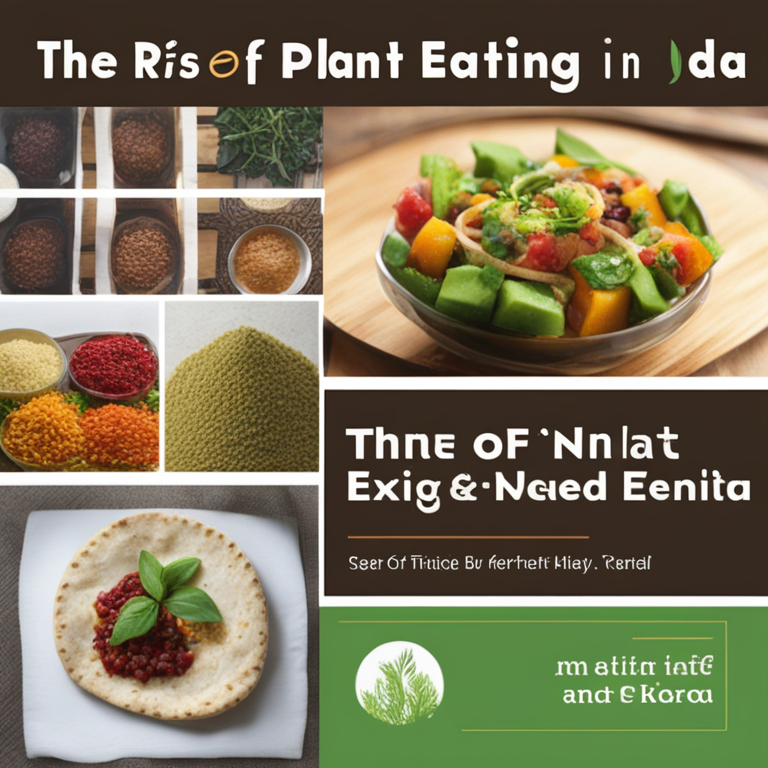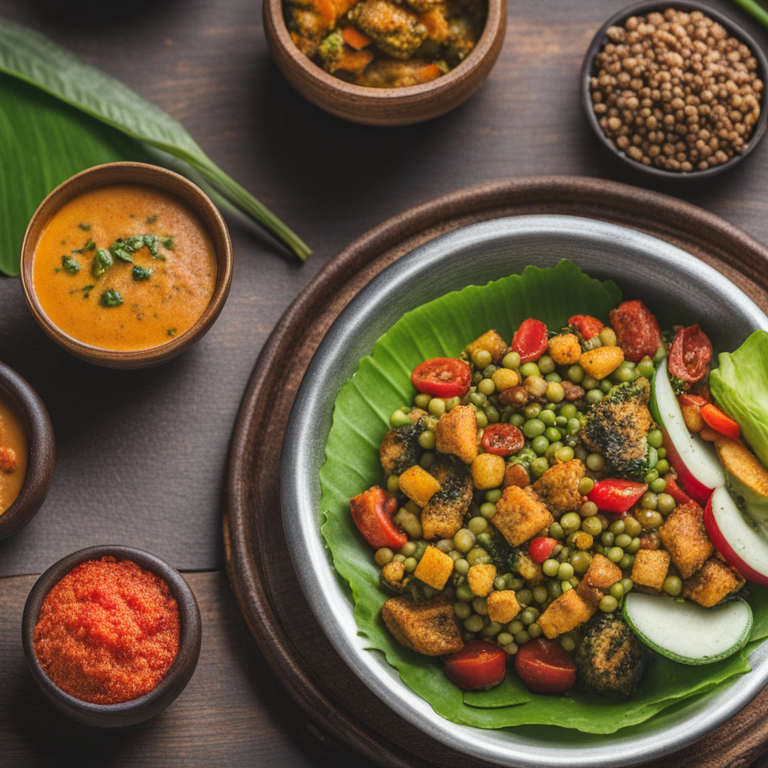Introduction
In recent years, there has been a significant rise in the popularity of plant-based diets in India. With increasing awareness about the environmental impact of animal agriculture and the health benefits of plant-based eating, more and more people in India are choosing to adopt a plant-based lifestyle. In this blog post, we will explore the reasons behind the rise of plant-based diets in India, the health benefits of plant-based eating, and provide tips for those interested in transitioning to a plant-based diet.
Reasons for the Rise of Plant-Based Diets in India
1. Health Benefits: One of the main reasons for the popularity of plant-based diets in India is the growing awareness about the health benefits of plant-based eating. Plant-based diets are rich in vitamins, minerals, and antioxidants, and have been linked to lower rates of heart disease, obesity, and other chronic diseases.
2. Environmental Concerns: Another factor driving the rise of plant-based diets in India is increasing awareness about the environmental impact of animal agriculture. Livestock farming is a major contributor to greenhouse gas emissions, deforestation, and water pollution. By choosing plant-based foods, individuals can reduce their carbon footprint and help protect the environment.
3. Ethical Considerations: Many people in India are also motivated to adopt a plant-based diet due to ethical concerns about animal welfare. By choosing plant-based foods, individuals can avoid contributing to the suffering of animals raised for food production.
Health Benefits of Plant-Based Eating
1. Weight Management: Plant-based diets are typically lower in calories and saturated fats, making them an effective choice for weight management. Studies have shown that individuals following plant-based diets tend to have lower body mass indexes and lower rates of obesity.
2. Heart Health: Plant-based diets are rich in fiber, antioxidants, and other nutrients that are beneficial for heart health. Research has shown that individuals following plant-based diets have lower cholesterol levels and a reduced risk of heart disease.
3. Improved Digestion: Plant-based diets are high in fiber, which helps promote healthy digestion and prevent constipation. Fiber also acts as a prebiotic, feeding the beneficial bacteria in the gut and supporting overall gut health.
Tips for Transitioning to a Plant-Based Diet
1. Start Slow: If you are new to plant-based eating, start by gradually incorporating more plant-based foods into your diet. Try swapping out meat for plant-based proteins like tofu, tempeh, or beans in your favorite recipes.
2. Experiment with Plant-Based Recipes: Explore new plant-based recipes to discover delicious and satisfying meals. There are countless resources available online for plant-based cooking inspiration, from blogs to cookbooks to cooking shows.
3. Focus on Whole Foods: To ensure you are getting all the nutrients you need on a plant-based diet, focus on eating a variety of whole foods such as fruits, vegetables, whole grains, nuts, and seeds.
Conclusion
The rise of plant-based diets in India is driven by a combination of factors, including health concerns, environmental sustainability, and ethical considerations. Plant-based diets offer a wide range of health benefits, including weight management, heart health, and improved digestion. By following the tips provided in this blog post, you can easily transition to a plant-based diet and reap the many benefits it has to offer. So why not give it a try and start incorporating more plant-based foods into your diet today?
👉 [Best Deals on Amazon!](https://amzn.to/abcd) | [Flipkart](https://fkrt.it/xyz123)









